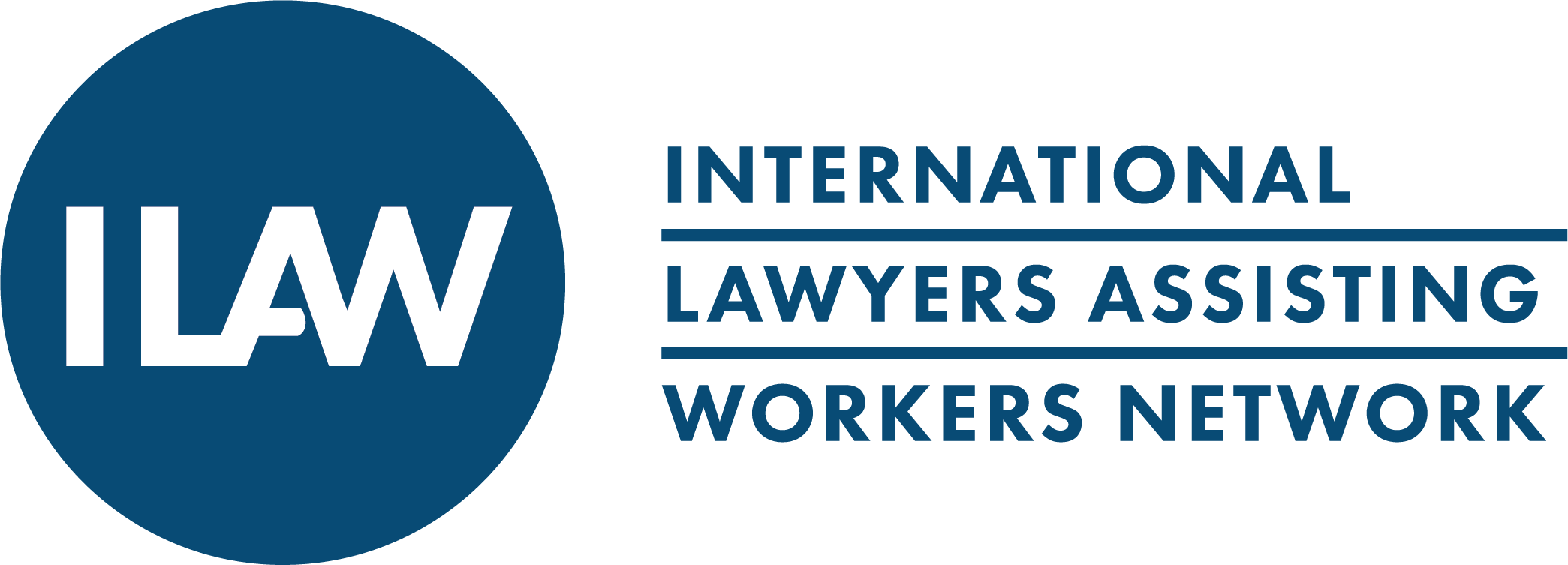“On the frontline of the multi-million-dollar berry industry, Mexican agricultural workers endure squalid living conditions and consistent work insecurity as they undertake back-breaking work to line the pockets of multinational …
Business and Human Rights Resource Center
Wage theft and pandemic profits: The right to a living wage for garment workers
“A year into the pandemic, garment workers producing for major fashion brands are owed months of unpaid wages, benefits and severance pay while most brands record large profits More than …
Modern Slavery Act: Five years of reporting CONCLUSIONS FROM MONITORING CORPORATE DISCLOSURE
The report takes our five years of work collecting and analysing statements and concludes that the UK Modern Slavery Act has failed in its objective to protect victims of forced …
Economies of care or abuse? COMPANY BEHAVIOUR IN MEXICO DURING COVID-19
“The COVID-19 pandemic has exacerbated existing inequalities and human rights abuses in Mexico. The response of federal and local governments as well as business have been widely discussed in the …
BHRRC: COVID-19 Action Tracker
The Business and Human Rights Resource Center has set up a COVID-19 Action tracker to track responses and non-responses of governments and brands and the demands made by unions and …
Beyond Compliance in the Hotel Sector: A Review of UK Modern Slavery Act Statements
There is a high-risk of exploitation within the hotel sector due to its vulnerable workforce, complex supply chains with little transparency, and limited oversight from brands and multinational hotel companies …
The Price You Pay: How Purchasing Practices Harm Turkey’s Garment Workers
Exploitation and abuse of Syrian refugees who make ‘fast fashion’ for the high streets of Paris, London and Berlin continues, despite three years of revelations. This report explains the root …
The Future of Work: Litigating Labour Relationships in the Gig Economy
This briefing describes the sharp-edged contest between gig companies—whose business models rest on not paying for workers’ social protections— and the workers and their lawyers who refuse to see essential …

International Lawyers Assisting Workers Network
c/o Solidarity Center
1130 Connecticut Ave, NW 8th Floor
Washington DC, 20036
